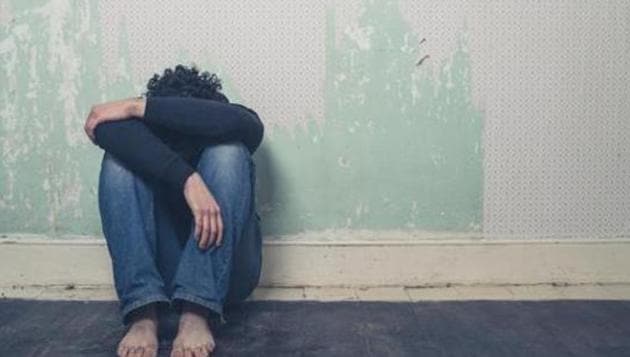Random Forays: Mental health should be a focus area
Considering the fact that about 7.50% of India’s population is estimated to be suffering from mental health disorders, as per WHO numbers, a lot more needs to be done than what’s happening now
As long as our lives progress without too many hiccups along the winding pathways that, because we’re living on this earth, naturally present themselves before us, we ignore certain things. But when these impediments or obstacles or dangerous foes accost us front on, we tend to carry out research about them and we tend to take them mightily seriously.

Two individuals who are members of families very close to my own fell prey to mental illnesses in years gone by. These days they are stable, comfortable and calm. But there have been times when they have suffered excruciatingly, because the mind would not let them be at peace, and their families have suffered with them. Mental illness is a real and potent foe which is not only rearing its head in present times, but has been presenting dangerous or at least uncomfortable life situations to millions around the world.
Mental illness refers to a wide range of mental health conditions — disorders that affect moods, thinking and behaviour. Examples of mental illness include depression, anxiety disorders, schizophrenia and addictive behaviour. Many people suffer from lows, moodiness, sullenness and anxiety these days, though not all of them feel or exhibit such behaviour at regular intervals. Mental health, on the other hand, is a term usually used to refer to a feeling of psychological and emotional wellbeing.
As mentioned in this column and by several writers in recent months particularly, depression and anxiety have exacerbated during the pandemic period. These could be temporary conditions which do not require medical treatment or monitoring, or they could be more severe conditions, which do.
When I speak to experts on the subject, they tell me that large numbers of people in the world are prone to mental health problems during their lives. In fact, the World Health Organisation (WHO) states that one in four people will be affected by some form of mental disorder at some point in their lives.
Given this scenario and considering the fact that about 7.50% of India’s population is estimated to be suffering from mental health disorders, as per WHO numbers, a lot more needs to be done a lot more needs to be done than what’s happening at present. The worrisome fact is that there are said to be less than 5000 qualified mental health professionals in the entire country to tackle the problem.
Athma Shakti Vidyalaya, Bengaluru, is an example of a pioneering approach to combating the problem of mental illness through psychotherapy. The National Institute of Mental Health and Neuroscience, has also done some remarkable work in the treatment of patients from across India. But there are too few hospitals, both in the private and government realms, in each state of the country, to effectively tackle the problem. Government hospitals, barring major institutions like the All India Institute of Medical Sciences, New Delhi, or the Post Graduate Institute of Medical Education and Research, Chandigarh, do not really have the bandwidth and facilities to provide high quality treatment to patients, and are often found badly wanting.
In Chandigarh, one is personally aware of the efforts of Dr BS Chavan, who has made some pioneering attempts to rehabilitate patients who are trying to bounce back from mental illnesses, and societies like Prayatan, Parivartan as well as Umeed have been set up with this aim. The efforts of Col Ajay Mehndiratta (retd) who has been a crusader for the cause of the mentally ill must also be mentioned. He has won several legal and moral battles in a life dedicated to uplifting the status of mental health care in India. Promila Chandramohan, founder and principal of the Society for the Rehabilitation of the Mentally Challenge, and her dedicated team are also doing wonders to provide expert care to children suffering from cerebral palsy, autism and Down’s syndrome.
On delving deeper into the matter, one finds, however, that not enough is being done by India as a nation to alleviate the suffering of the mentally ill. Several new hospitals and shelter homes are needed by millions of patients. The number of doctors is also abysmally low.
As a nation, we must do more to care for those whom life has not treated well. Their pain should be our pain. Only then will we truly act.
vivek.atray@gmail.com






